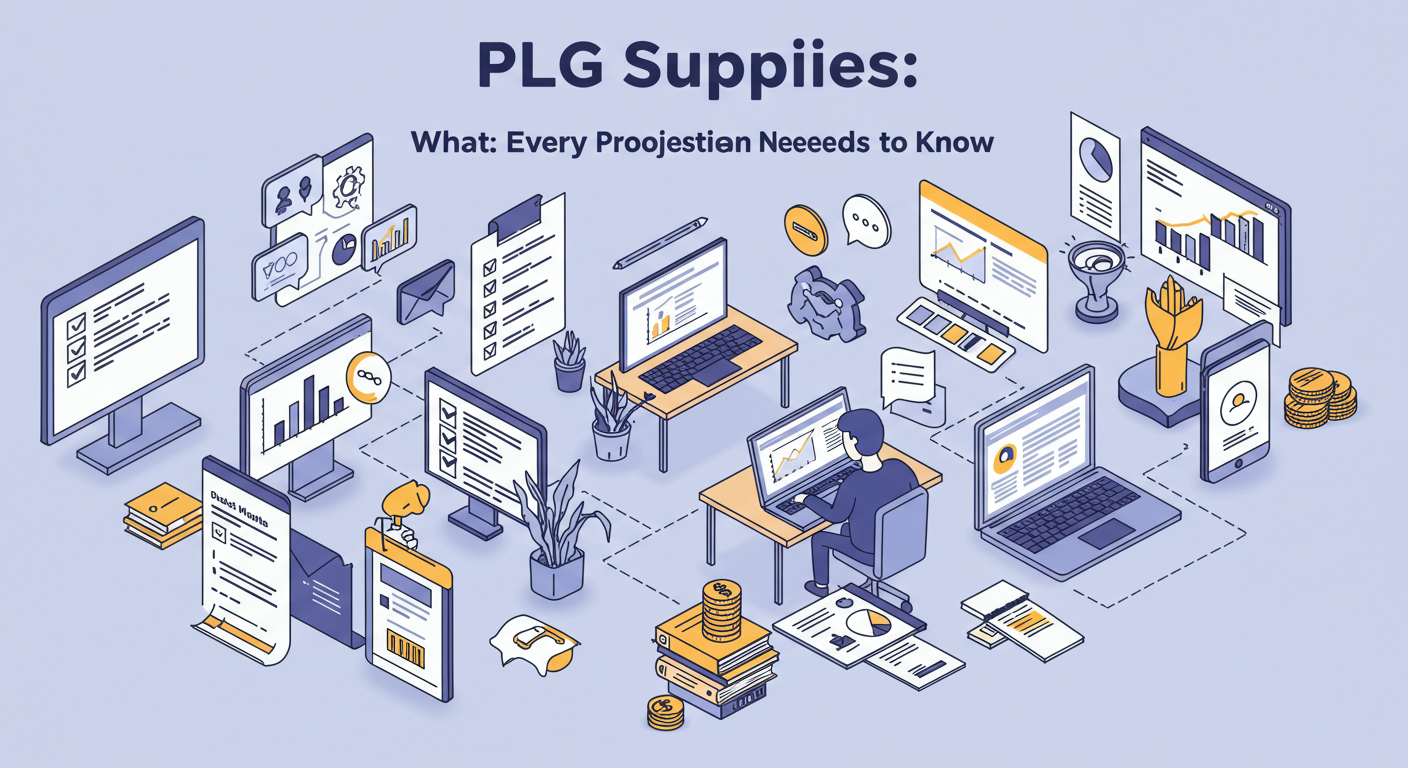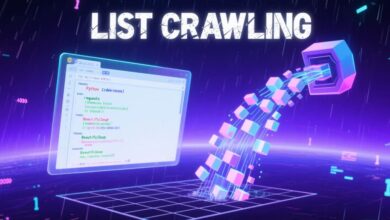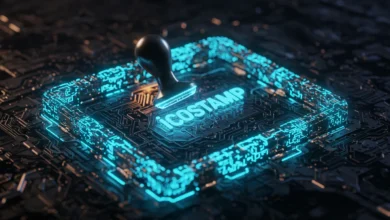PLG Supplies: What Every Project Manager Needs to Know

Welcome to the world of PLG supplies, where precision meets efficiency. As a project manager in this dynamic industry, you’re not just overseeing tasks – you’re at the helm of innovation and execution. Every day brings new challenges, but it also opens doors to incredible opportunities for growth and success. Understanding PLG supplies is crucial for steering your projects toward completion while managing resources effectively.
In an industry that hinges on collaboration and strategic planning, having the right knowledge can set you apart from the competition. Whether you’re dealing with logistics or ensuring quality control, every detail matters. Let’s dive into what makes project management in PLG supplies both exciting and essential for driving impactful results in today’s fast-paced environment.
The Importance of Project Management in PLG Supplies
Project management plays a crucial role in the PLG supplies industry. It ensures that resources are utilized efficiently and objectives are met on time. In this fast-paced sector, managing timelines and budgets is essential for success.
Effective project managers provide clarity to teams by setting clear goals and expectations. They facilitate communication among stakeholders, which helps prevent misunderstandings that could derail projects.
Additionally, strong project management practices allow for better risk assessment. Identifying potential challenges early means teams can implement strategies to mitigate them before they escalate.
In an industry where competition is fierce, having a solid project management framework can be the difference between success and failure. The ability to adapt quickly while maintaining quality standards enhances overall productivity throughout the supply chain.
Essential Skills for a Project Manager in the PLG Industry
A successful project manager in the PLG industry must possess a blend of technical and interpersonal skills. First, strong communication abilities are crucial. Project managers must relay complex information clearly to diverse stakeholders.
Adaptability is another key skill. The dynamic nature of PLG supplies means that changes can arise unexpectedly. Being able to pivot quickly ensures projects stay on track.
Organizational skills cannot be overlooked either. Managing timelines, budgets, and resources requires meticulous planning and prioritization.
Additionally, problem-solving capabilities are essential. Challenges will surface throughout any project lifecycle in this sector; having the foresight to address issues efficiently is invaluable.
Leadership qualities foster team cohesion and motivation. A great project manager inspires their team while ensuring everyone understands their roles within each phase of development. These combined skills create a solid foundation for any project manager aiming for success in the PLG landscape.
Common Challenges Faced by Project Managers in PLG Supplies
Project managers in PLG supplies often grapple with a myriad of challenges. One major hurdle is managing diverse stakeholder expectations. Each party has different priorities, making alignment tricky.
Another common issue is supply chain disruptions. External factors like weather events or geopolitical tensions can impact the availability of materials, causing project delays.
Communication barriers also pose significant challenges. Coordinating between teams across locations requires clear channels and regular updates to ensure everyone stays on the same page.
Additionally, budget constraints frequently emerge as a pressing concern. Unexpected costs can arise from fluctuating prices for raw materials or labor shortages, forcing managers to pivot quickly.
Adapting to rapid technological changes can be daunting. Keeping up with industry advancements while integrating new tools into existing workflows demands both time and resources.
Strategies for Effective Project Management in PLG Supplies
Implementing effective strategies is vital for success in PLG supplies. Start with clear communication among team members. Regular updates and open channels foster collaboration and reduce misunderstandings.
Next, prioritize task delegation based on individual strengths. This approach not only enhances productivity but also empowers team members to take ownership of their responsibilities.
Emphasize the importance of adaptability. The PLG industry often faces unforeseen challenges; being flexible can help teams pivot quickly when necessary.
Utilizing project management software can streamline workflows. These tools facilitate tracking progress, managing deadlines, and allocating resources efficiently.
Don’t underestimate the value of feedback loops. Regularly collecting input from stakeholders ensures that projects remain aligned with expectations while allowing for continuous improvement throughout each phase.
Tools and Resources for Efficient Project Management
To navigate the complexities of PLG supplies, project managers need reliable tools. Software solutions like Trello and Asana provide visual task management that enhances team collaboration.
Integrating Gantt charts can also offer a clear timeline view, helping to keep projects on track. These tools simplify scheduling and resource allocation while ensuring everyone is aware of deadlines.
Communication platforms such as Slack or Microsoft Teams foster real-time discussions among team members. They break down barriers that often slow progress.
Additionally, leveraging cloud storage services like Google Drive allows easy access to important documents anytime, anywhere. This ensures all stakeholders are informed with the latest data at their fingertips.
Investing in professional development resources—like webinars or industry conferences—can further equip project managers with cutting-edge insights and strategies specific to PLG supplies. Embracing these technologies creates an environment for success in managing complex projects efficiently.
Conclusion: The Future of Project Management in the PLG Industry
The landscape of project management within the PLG supplies industry is evolving rapidly. As technology advances, so do the methods and tools available to project managers. Embracing digital solutions will be crucial for enhancing efficiency and collaboration among teams.
In addition, the demand for sustainability in projects is on the rise. Project managers must consider eco-friendly practices when planning and executing their strategies. This shift not only meets client expectations but also fosters a positive image for companies in this space.
Furthermore, soft skills such as communication and adaptability are becoming ever more vital. As teams grow more diverse and globalized, understanding different perspectives can lead to innovative solutions that propel projects forward.
As challenges continue to emerge—ranging from supply chain disruptions to regulatory changes—project managers need resilience and foresight. Staying informed about industry trends will be essential for navigating these hurdles effectively.
Those who adapt to changing dynamics while leveraging new technologies will lead successful projects in PLG supplies into an exciting future filled with opportunities.




